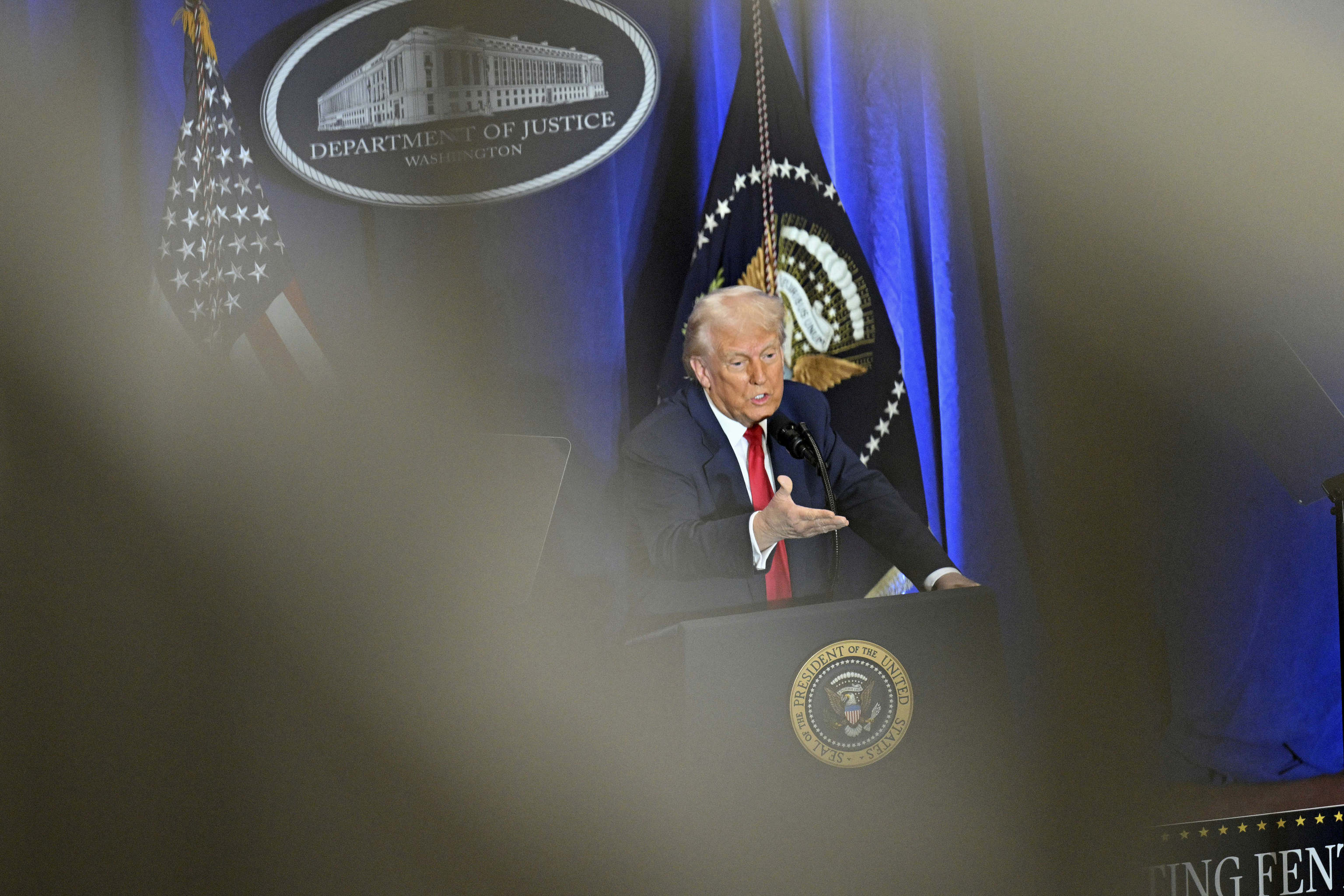Johns Hopkins University, in Baltimore and Washington, is the institution that allocates the most money to medical research in the US. Now, the Government of Donald Trump has cut grants for medical research at that center by $800 million (733 million euros) this year, which were in contracts with the country's development aid agency (USAID), which has been practically annihilated by order of Elon Musk. The blow will cause layoffs at the University and will have a significant impact on Baltimore, a city of 2.4 million people, where "Hopkins" is the largest employer. Columbia has lost $400 million due to alleged anti-Jewish attacks (never proven) in protests against Israel for the Gaza war in 2024. Harvard faces $600 million in cuts. And so on. With these adjustments, one can wonder if the future of the US as a scientific superpower is in danger.
Silicon Valley 'Trumpists' against major consulting firms
National interests clash in the creation of a European defense industry
If Europe wants to be able to defend itself, it will need to create a defense industry from scratch. Among the top ten defense companies in the world by sales of weapon systems (missiles, ships, planes, tanks, etc.), there is only one European company, which is also non-EU: the British BAE. The problem worsens because the two economic powers of the EU (France and Germany) are trying to benefit from this. The first wants European rearmament to be done by buying weapons made on the continent, which would prevent the US from 'disconnecting' them, as is the case with the F-35 fighter jets. Germany says it is better to buy them from the US and keep Trump happy. In reality, it is a struggle for industrial supremacy. France already has by far the largest defense industry in the EU and wants to capture that market. Germany has the largest industrial sector but needs years to transform it and make car factories produce tanks.
China, about to launch a Starlink for the developing world
The monopoly of low-orbit satellite communications network Starlink, from SpaceX - owned by Elon Musk - is coming to an end. By the end of next year, the much-publicized Project Kuiper from Blue Origin (owned by Jeff Bezos, the third richest man in the world) will start offering the same service. And this week, China, in its own style, has surprised the world by announcing that, before Kuiper, the world will have SpaceSail (something like "Space Sail," a very evocative name, indeed), Beijing's competitor to Starlink. The news is problematic for Musk and the US because Starlink has barely managed to penetrate emerging markets in Asia and Africa, in part due to Musk's own ties to the Pentagon and also due to protectionist laws that require the entry of local partners in projects. China, as we already know, does not stop at such details and does whatever is necessary to enter new markets.
What if Trump goes from MAGA to MGGA (Make Germany Great Again)?
If there is any country that Donald Trump has a manifest antipathy towards, it is not Mexico or Canada. It is Germany. Since 1989, when he first entered the realm of international relations with an interview in the specialized publication Playboy where he said, "I've been awake for 48 hours" (which probably did not affect his rhetoric) and stated that if he became president, he would impose "a tax on every Mercedes that rolls into this country," showing early on his fondness for tariffs.
However, the 'Trump trade' is benefiting Germany greatly. The index of the top 40 companies on the Frankfurt Stock Exchange, the DAX, has risen by 17% so far this year, while its US equivalent, the S&P500, has been flat since January 1. And all thanks to Germany doing what Trump wanted: spending more on defense and promoting domestic demand, thus abandoning its mercantilist obsession. Trump will Make Germany Great Again.
Chile and Peru: Depending on one export is bad... but it's better than nothing
Breaking news: increasing the number of administrative permits from 12 to 232 for carrying out an economic activity tends to paralyze that activity. Who could have imagined it? Certainly not the successive Peruvian governments from 2001 to 2020, which carried out this regulatory multiplication on the country's copper mining, according to an S&P analysis. Peru's neighbor, Chile, has followed a similar policy, with a tightening of environmental permits for opening copper mines, making the paperwork for opening an operation take three years. This is how Chile and Peru have broken their historical dependence on the price of copper... and missed out on the 'boom' of that mineral in recent years. The Democratic Republic of Congo, which in the sixties experienced a savage civil war for control of the copper in its Katanga province, is the biggest beneficiary of the Chilean-Peruvian regulatory obsession.
